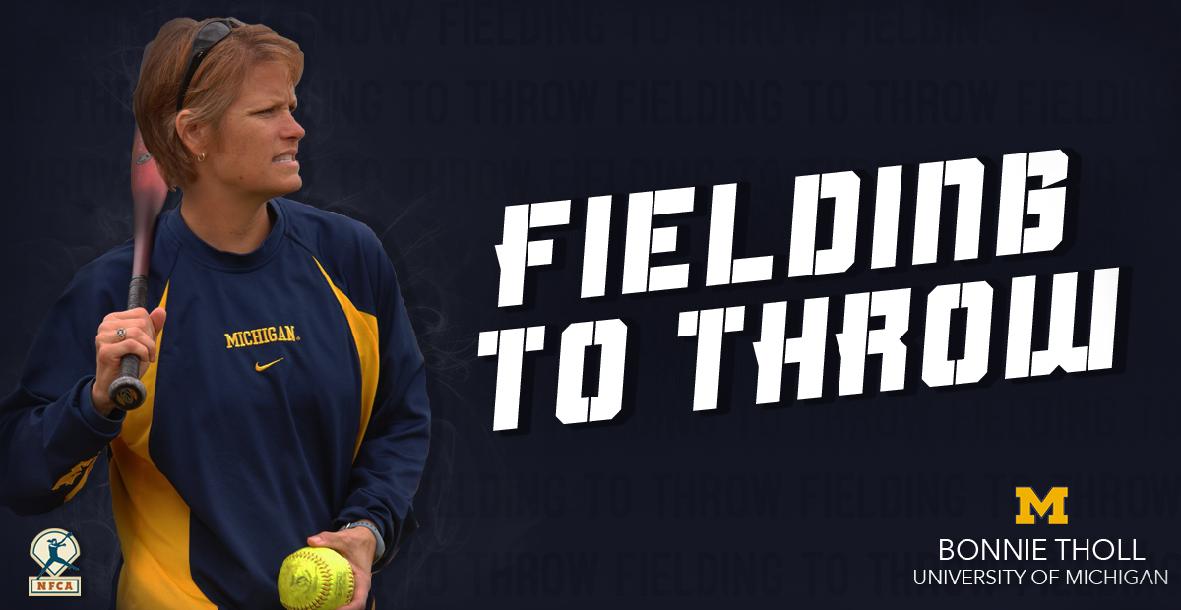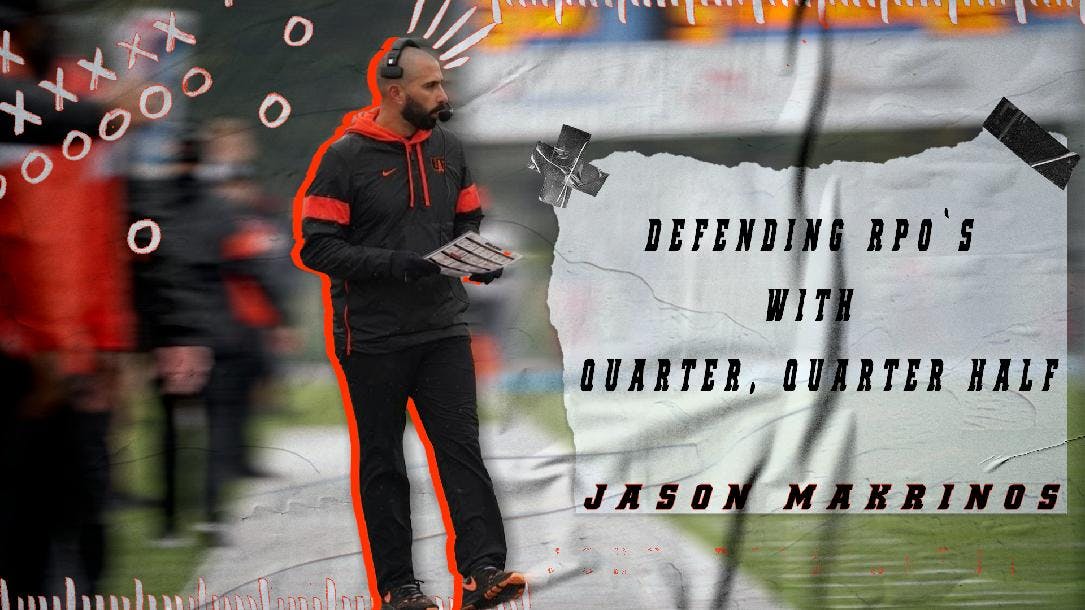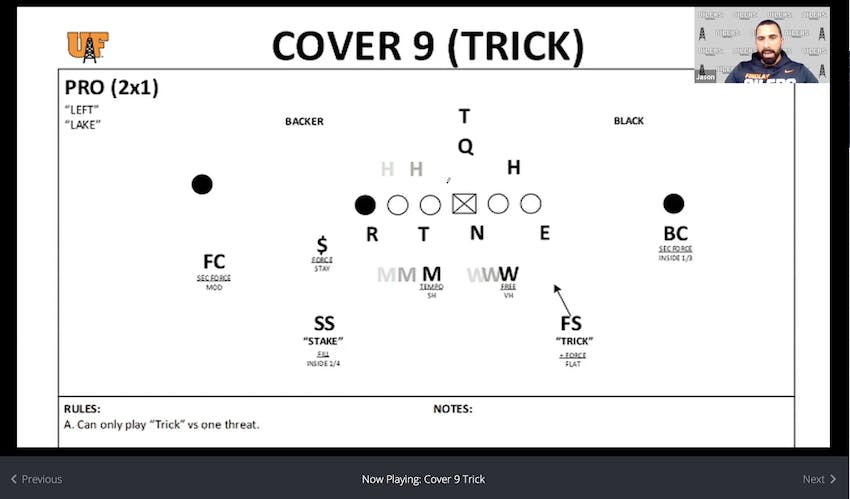Trap Bar Deadlift
The trap
bar deadlift (especially with low handles) is a great exercise to add to
your routine. It’s a compound movement that works the glutes, the lower
back, the quadriceps, the hamstrings, the trapezius, the abdominal
muscles, and the forearms.
While it’s more common to see someone do a
deadlift with a barbell, the trap bar deadlift has gained in
popularity in recent years, and most gyms now have a trap bar.
There are more similarities between the barbell deadlift and trap bar
deadlift than there are differences. Both are lifted from the floor.
Both involve hinging at the hips. The weight people can lift is similar
for both. People tend to be able to lift a bit more weight with the trap
bar, but people lifting a huge amount more with the trap bar you'll
often read about on the internet are people using the high handles which
reduces the range of motions. If you use the low handles, which are the
same height as the barbell deadlift, the difference is much smaller.
The trap bar uses a little more quads, and a little less hamstring and
back compared to the barbell deadlift.
Benefits of the Trap Bar Deadlift Over the Barbell Deadlift
The barbell deadlift is also a great exercise. This article isn't
about one being better than the other, they are just different. I’m
going to discuss some of the benefits of using a trap bar.
Easier to Learn: The trap bar deadlift is easier for most beginners
to learn. The main reason being that with the barbell the weight is in
front of you with makes it easier to lose your balance and round
forward. While with the trap bar your hands are by your side. I don’t
think the potential problems with the barbell deadlift are hard to avoid
if you're coached properly, and doing deadlifts with a barbell isn’t
that technical, or even hard to learn, but beginners do tend to pick up
the trap bar deadlift and able to do them safely quicker than with a
barbell, especially when they aren't receiving coaching.


Easier on the Lower Back: Trap bar deadlifts can be easier on the
back, assuming your bracing and using good technique. The trap bar was
invented in the 1980s by a powerlifter called Al Gerard. Al Gerard had
many back problems, and he wanted to find a way to lift heavy weights
with his bad back. The barbell deadlift is also good for your back if
you're healthy, but some people who have back issues find that they can
trap bar deadlift without pain while they can't with the barbell. There
is less chance of being pulled forward and having spinal flexion with a
trap bar. if you’re finding using a barbell is giving you back problems
then using a trap bar could be a good option. This also makes the trap
bar easier to use safely while doing high reps.
Low Handles and High Handles: Most trap bars have low and high
handles. The vast majority of people only use the high handles. In fact,
I've never seen anyone use the low handles apart from myself and my
clients. If you search for #lowhandletrapbardeadlift on Instagram,
you'll find only twenty videos, and three of them are me. Why do people
mostly use high handles? Mainly because of ego and they can lift more
weight with it.
However, there are some good reasons to use the high handles. A lot
of people don’t have the mobility in the hips to get into the correct
starting position with the barbell deadlift or the low handle trap bar
deadlift because of previous injuries, or being active for a long time.
However, most people can comfortably do a trap bar deadlift with high
handles as it requires less mobility. I even have a 72-year-old client
who can trap bar with high handles without a problem, but he wouldn't be
able to use a barbell.
For everyone else, I use the low handles as it has a larger range of
motion and carries over to the conventional deadlift better.
Grip: The trap bar allows you to use a neutral grip. Using a barbell
gripping the bar with a double overhand grip will limit the weight you
can lift as your hands can’t hold enough weight. That leaves hook grip,
straps and mixed grip (one hand pronated, and one hand supinated). Hook
grip is a strong grip but can be very painful on the thumb. Using straps
take away the grip strength benefits. A mixed grip is a very strong
grip but can lead to small muscle imbalances. It also increases the
chance of tearing a bicep on the arm that’s supinated if bad technique
is used. The trap bar is easy to grip and avoids these potential
negatives.
Carryover to the Barbell Deadlift: I’ve personally found it to have a
good carryover when using the low handle trap bar to the barbell
deadlift. Three years ago, I pulled 230kg with a barbell with the vast
majority of my training on the trap bar. I did deadlifts with a
barbell around 5-8 times in my life before I did that. This was back
when my one rep max on my squat was only 155kg, so the trap bar deadlift
was the main reason I managed to deadlift 230kg.
Possible Negatives of the Trap Bar Deadlift
The handles might be too wide, or too narrow for some people
depending on the trap bar being used. You might occasionally not grab
the trap bar in the middle of the handle. This is simple to sort out as
you can readjust before the next rep.
How to do a Trap Bar Deadlift
Step 1: Stand in the centre of a trap bar with your feet roughly
hip-width apart and toes slightly out. This is a good starting point.
Try a slightly narrower and wider stance to see what works best for you.
Step 2: Bending at the hip and letting the knees slightly bend, grab the middle of the handles of the trap bar.
Sit your hips back so you feel the tension in your hamstrings. Lift
your chest up and flatten your back. Look straight ahead, or slightly
down. While keeping your arms straight, rotate your elbows so they
facing the wall behind you and pull your shoulders down. This will help
engage your lats.
Step 3: From this position you need to get tight and brace. Getting
tight and bracing will allow you to lift the most weight you can and
reduce the chance of injury.
You now need to pull the slack out of the bar. Pulling the slack out
of the bar is very simply lightly pulling on the bar and creating as
much tension as possible throughout the body. You should be tense enough
so that if I was to lightly push you, you wouldn't move.
Before lifting you want to take a deep breath from your diaphragm.
When breathing into your diaphragm, your stomach should inflate out. If
you’re chest and shoulders raise while you take your breath you’re not
breathing into your diaphragm. You'll need to hold this breath until
you've completed the rep. Contract your abs like you’re about to get
punched in the stomach, and again hold it for the whole rep.
Step 4: Lift the bar driving your feet into the ground, straightening
your legs, and thrusting your hips forward. As you approach the top of
the movement to squeeze your glutes and push the hips forward to lock
out the rep. When you lift it you shouldn't be jerking the bar off the
ground. If you do end up jerking it off the ground it suggests that you
didn't get tight enough during the setup.
Bracing, getting tight and pulling the slack out of the bar
Getting tight, bracing and creating full-body tension is important as
it reduces the chance of injuring yourself and it allows you to lift
the most weight. You need to be able to transfer the force into the bar
through the torso. Make bracing and getting tight a priority when
you're doing deadlifts.
Before every rep, you need to take a big diaphragmatic breath
(breathing into your stomach/obliques) instead of breathing into your
chest to create Intra-abdominal pressure. This helps protect your lower
back. Your stomach should inflate out when doing this. If your chest and
shoulders raise while you take your breath, you’re not doing it
correctly.
You will hold this breath during the rep. If you need to exhale, do
it at the top of the lift or with the bar resting on the ground between
reps.
Contract your abs like you’re about to get punched in the stomach.
This combined with taking a big breath will ensure you’re core is
braced.
Pulling the slack out of the bar simply means that you have already
put upward pressure on the barbell before you to lift the weight to
create tension throughout the body. You should already be pulling the
bar so when it’s still on the floor that adding that anymore force ill
lift it off the floor. You shouldn't be jerking the bar off the floor.
If you are, it means you're not pulling the slack out of the bar.
Touch and Go vs Resetting Between Reps
People have become big and strong using both methods. Some people
argue that it’s better to reset between every rep because when you're
doing a one rep max you're starting dead start so you should practice
that with every rep. If you're a powerlifter, I would reset between
every set so you can practice it.
There's nothing wrong with touch and go. Touch and go is a way of
overloading the muscles as you'll be able to do more reps with the same
weight. I've personally made my best progress doing touch d go
deadlifts. Touch and go forces you to do the eccentric part of the
exercise which is useful for building muscle. The main problem with
touch and go is that most people will do it wrong. They will cheat and
bounce the weight up. I wouldn't recommend touch and go to someone who
hasn't been deadlifting for a long time.
Some benefits touch deadlifts are it will build you grip strength
better as you'll be holding the bar for the whole rep. You'll have more
time under tension which is good for building muscle
I like to get my clients to control the eccentric part of the
deadlift and briefly pause at the bottom before doing another rep. By
controlling the eccentric part of the lift you'll return the bar to the
correct starting position every time which will limit the time spent
between reps.
Common Mistake
Not setting up correctly: The trap bar deadlift is a very simple
movement once you're set up correctly. It's The problem is a lot of
people don't set up correctly. If something doesn't feel right, or
doesn't look good when you record it, look at your set up and check
you're doing everything you should be. Good chance that's where your
problem is.
Jerking the bar off the floor: This is a common mistake, and again
it's caused by not getting tight and pulling the slack out of the bar.
Jerking the bar off the floor should be avoided as it greatly increases
the chance of you hurting your lower back, and it will limit how much
weight you're able to lift. Make sure you pull the slack out of the bar
and brace correctly.













